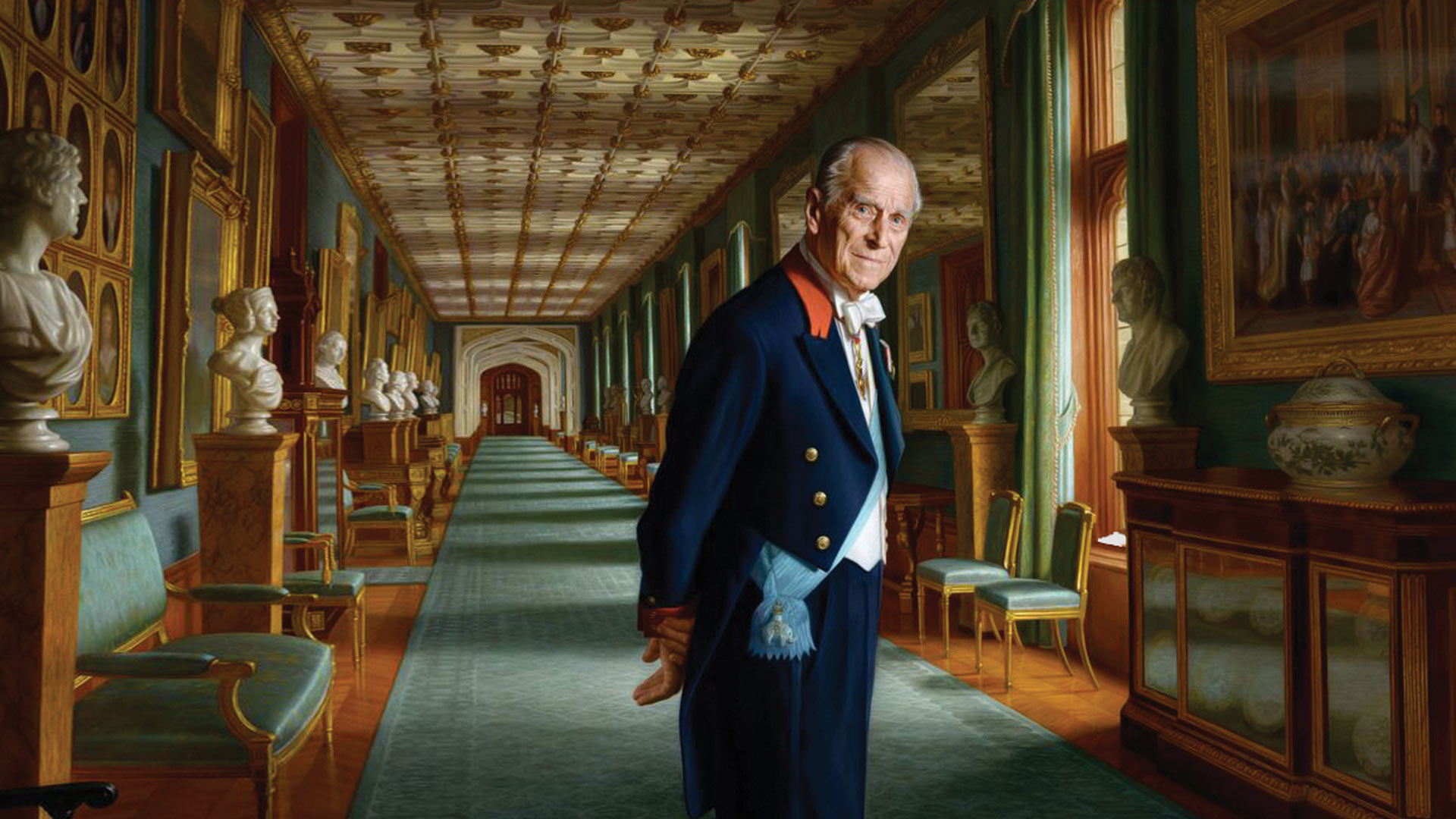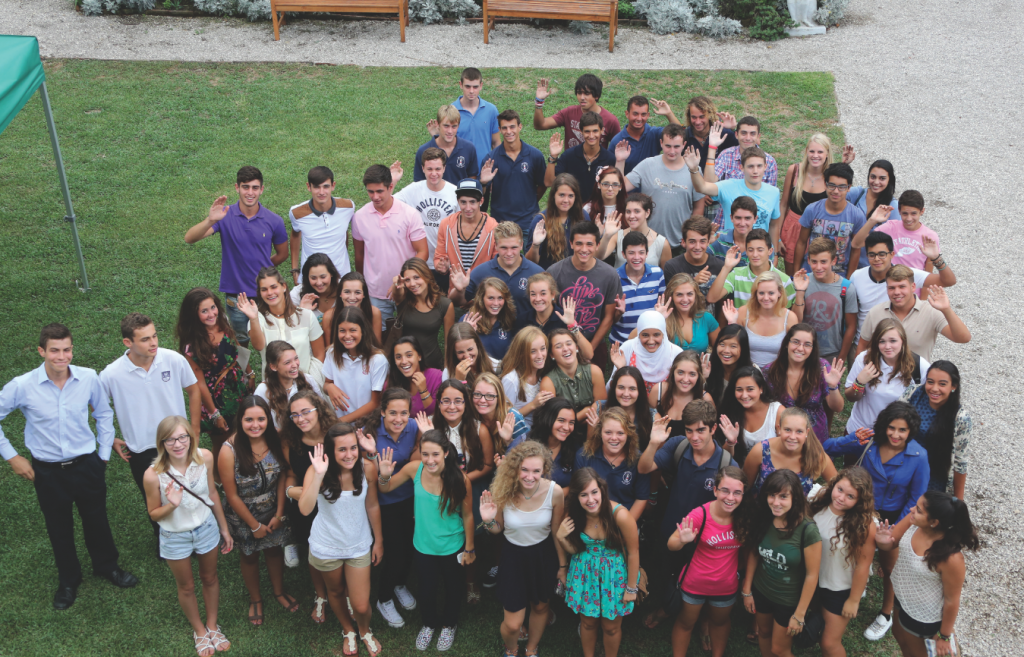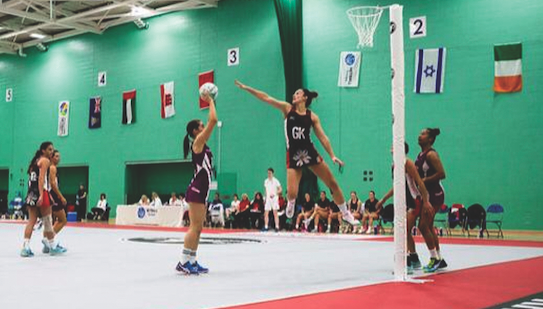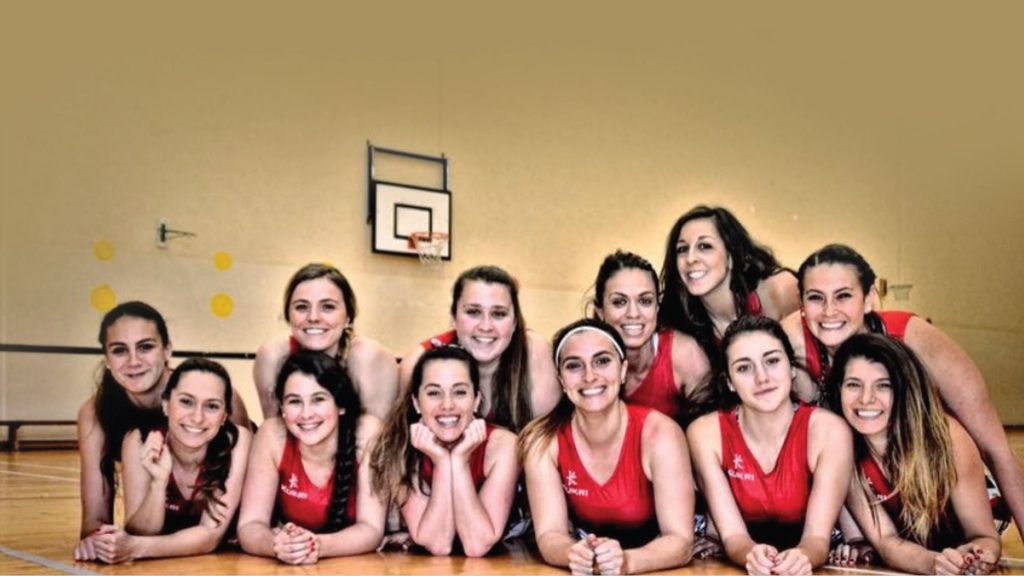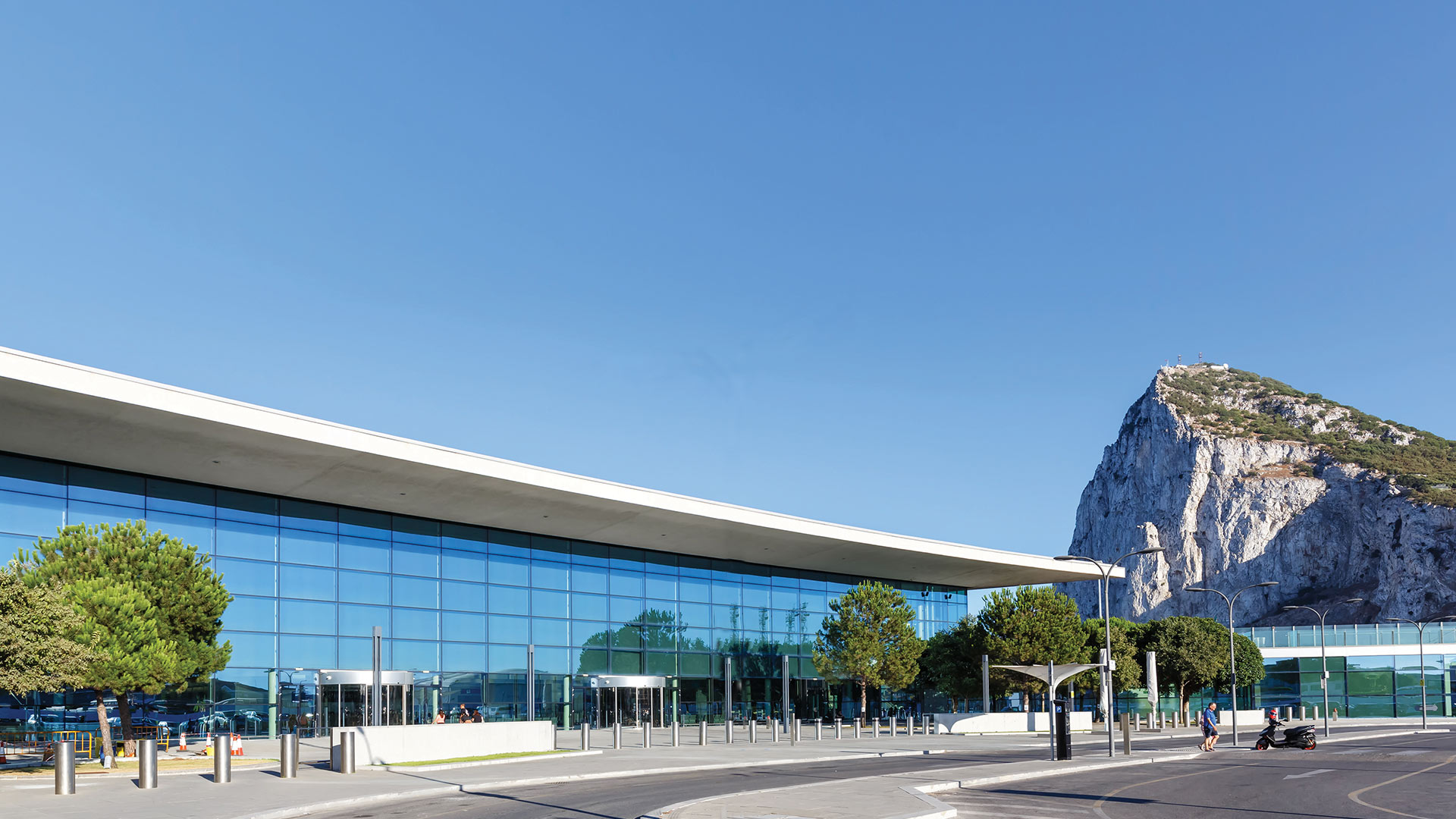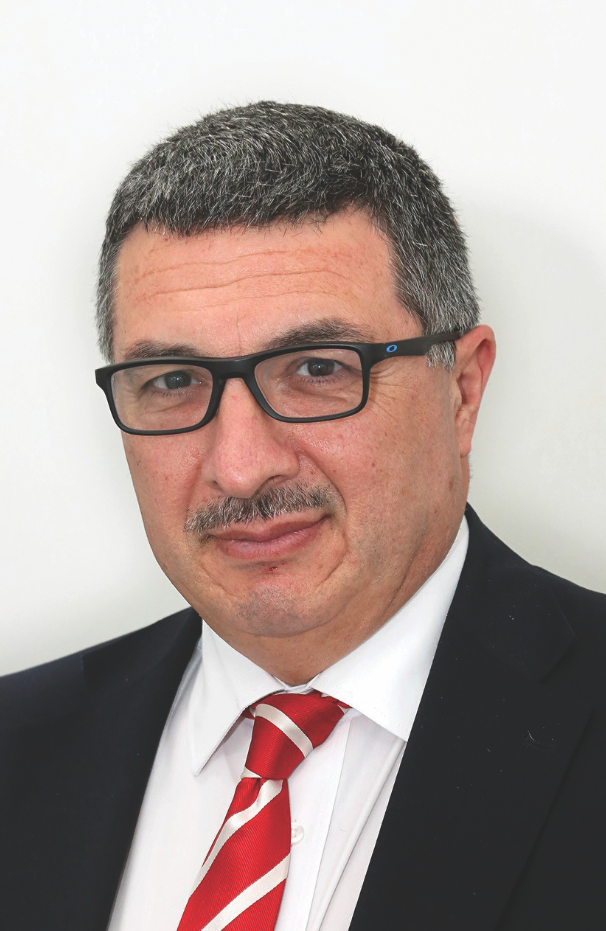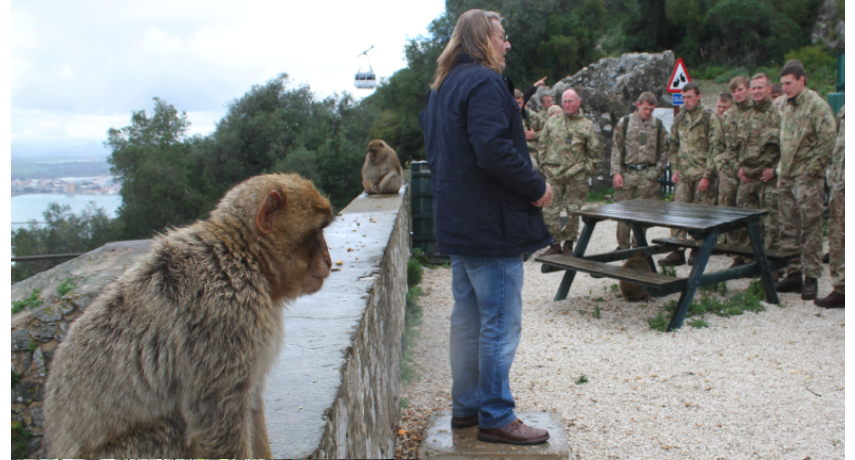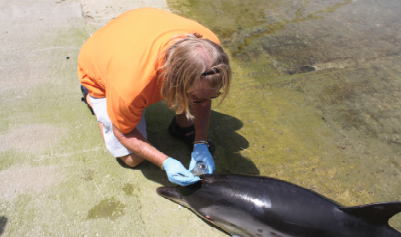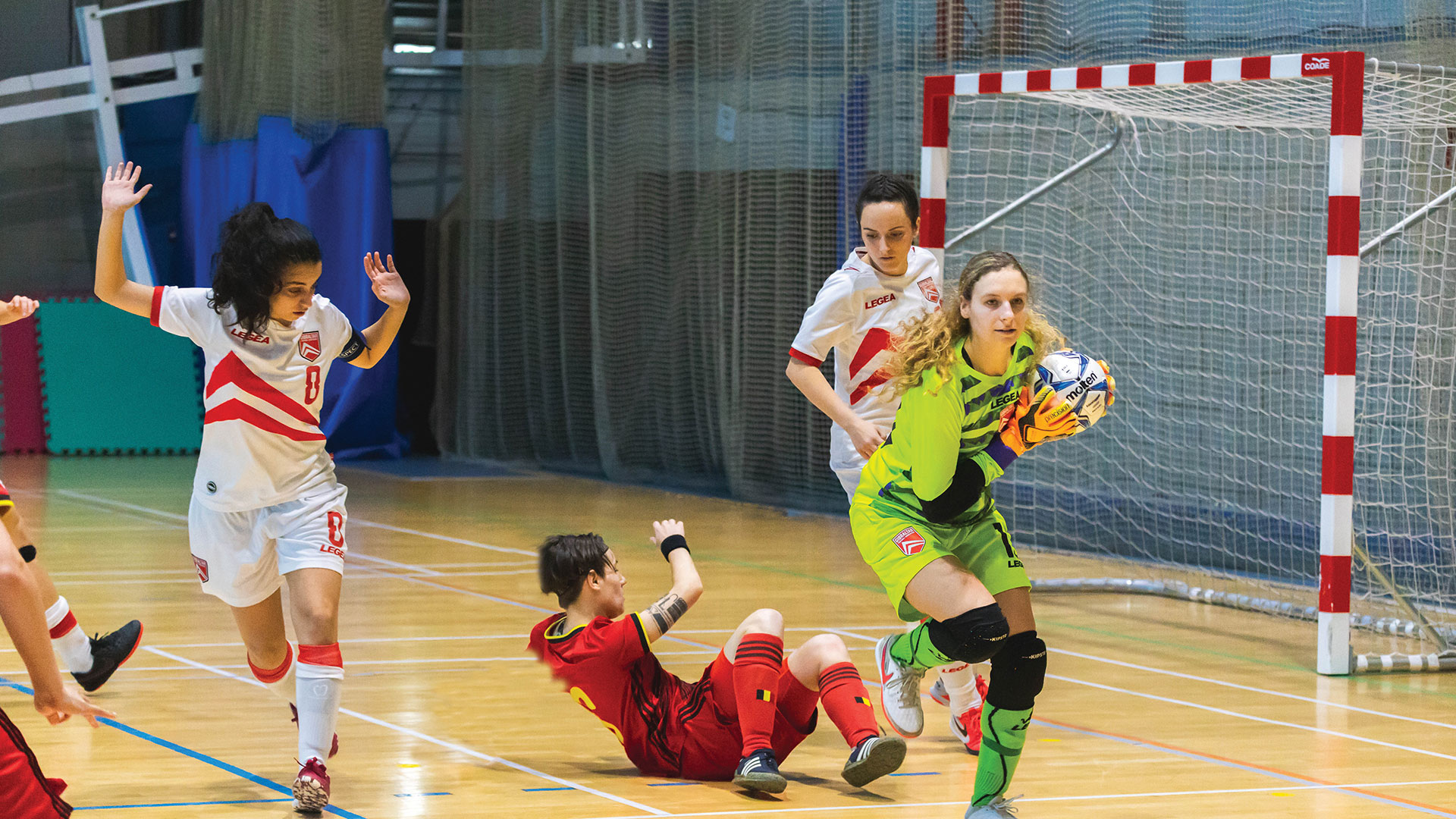Engineering CBC’s Move to new premises
Engineering CBC’s Move to new premises
Principal Engineer at Gibraltar Broadcasting Corporation (GBC) John Balestrino is one of the many people involved in having facilitated the move from their old premises into new, purpose-built accommodation at South Jumpers Bastion. GBC is the Rock’s public service and national broadcaster and after 41 years on the old site it was evident that the building at South Barrack Road was no longer fit for purpose.
John proudly takes me on a tour of the new facility. Spread over five floors and designed around a central open plan atrium it comprises two television studios, vision and audio control rooms, four radio studios as well as the production and technical rooms and administration offices. “What we have here is leaps and bounds over what we had before,” John comments. “The remit was that we had to move as much as possible from the old building to here, with a financing package put in place by the Government and the Corporation to cover the new equipment and other items that were needed.”
John and his colleague, Principal Technologist Mario Torres, were among a small number of staff who were mostly on site for the nine months before GBC finally moved into its new home on the 7th August. “We have built this from the bottom up under the guidance of the then Chief Engineering & Technology Officer, Michael Corcoran. It was a shell before that and I used to come and go on an ad hoc basis, but now it is finished I still find it difficult to find my way around and have to think where I am going,” he laughs.
It was a stroke of fate that John ended up working for GBC for the past eighteen years. “My ambition was to work in power generation,” he explains. “It was whilst I was in my final year at Manchester Metropolitan University when my mum rang me up early on a Saturday morning and told me she had just heard there was a vacancy for a job at GBC that would be perfect for me.” Because he had been looking for jobs in the UK, John dismissed her call but when he flew back to Gibraltar for the Christmas break, his mum had the application forms ready for him to fill in. “My family were very keen for me to work at GBC, with my granny even paying for my flights to come back for the interview.”
After a successful interview, John was offered the position with GBC who were happy to wait for him until he had finished his course at University. “I started as a Trainee Engineer and then I became Assistant Engineer, which gave me time to learn on the job,” he states. The technology in those days was very different and John has had to adapt as it changed. “I have a joke with some of the members of GBC that I am a young/old person because I got the tail end of the analogue era which for some was the golden era.”
“We had to be inventive and would sometimes have to play around with gadgets to put something together to make it work,” he says. “The workshop then was a hive of energy in the sense that we would have VT players open and people were changing boards and components. One director came up with the idea of having a buzzer with a flashing light, and I remember using an old fire alarm beacon to solve his dilemma – we were very old school in those days.”
As Principal Engineer, John has been responsible for rolling out the relocation of the main transmission systems, studio lighting and overseeing the transfer of satellite dishes. “I was involved with Michael Corcoran who led the technical design of the broadcast infrastructure,” he confirms. Considering the size of the task at hand, and with a small team of eight technical people, it has required a huge effort, that has worked perfectly alongside the teams of specialist systems integrators who have designed, built and fitted out the television and radio backbone infrastructure, studios, edit suites and control rooms, after GBC’s management team supported by a renowned media centre construction consultant designed the layout of the new Broadcasting House.
Once the infrastructure was built, John had to procure some extra antennas, cabling, connectors and clamps and would go up on to the roof of the new building to install them, weather permitting. “The only outage we had was for about twenty minutes one evening in July when I tested the whole chain and ran some tests on the transmitters,” he states.
On the night of the relaunch, John says there was some downtime for about five minutes whilst the system was powered off at the old building and then powered on again at the new building. “I was very nervous because I built it and, although I had planned and tested it, you always have in the back of your mind – ‘what if it doesn’t work’ – and you never know with electronics, they have got this thing that when you really need them to perform, they don’t.” Fortunately all went well and John says that it was fist pumps all round as they went live on air.
So where would he prefer to be now? Working in the power generation industry somewhere around the world or here as Principal Engineer at GBC? “To be honest this job suits me like a glove because I like all aspects of it and every day is different,” he comments. “One second I might be in the Racks room downstairs – changing equipment, looking at equipment, patching, routing, scratching my head because I don’t know what is going on – and then five minutes later I could be up on a tower on the top of the Rock, seeing the wonderful views that we have got here and changing antennas, or I could be laying cables in an outside broadcast or working on the technical operational side.”
If somebody is needed at short notice, John with his long standing experience often has to step in to help out in operational roles, sometimes performing tasks out of his technical scope. “Regardless of who is here, one of the mantras we all have at GBC is that ‘the show must go on’!”
“The public are the first people that will judge and blame if something goes wrong, so you always try and do the best you can, but if it is seamless they don’t realise all the hard work that goes on behind the scenes.”






